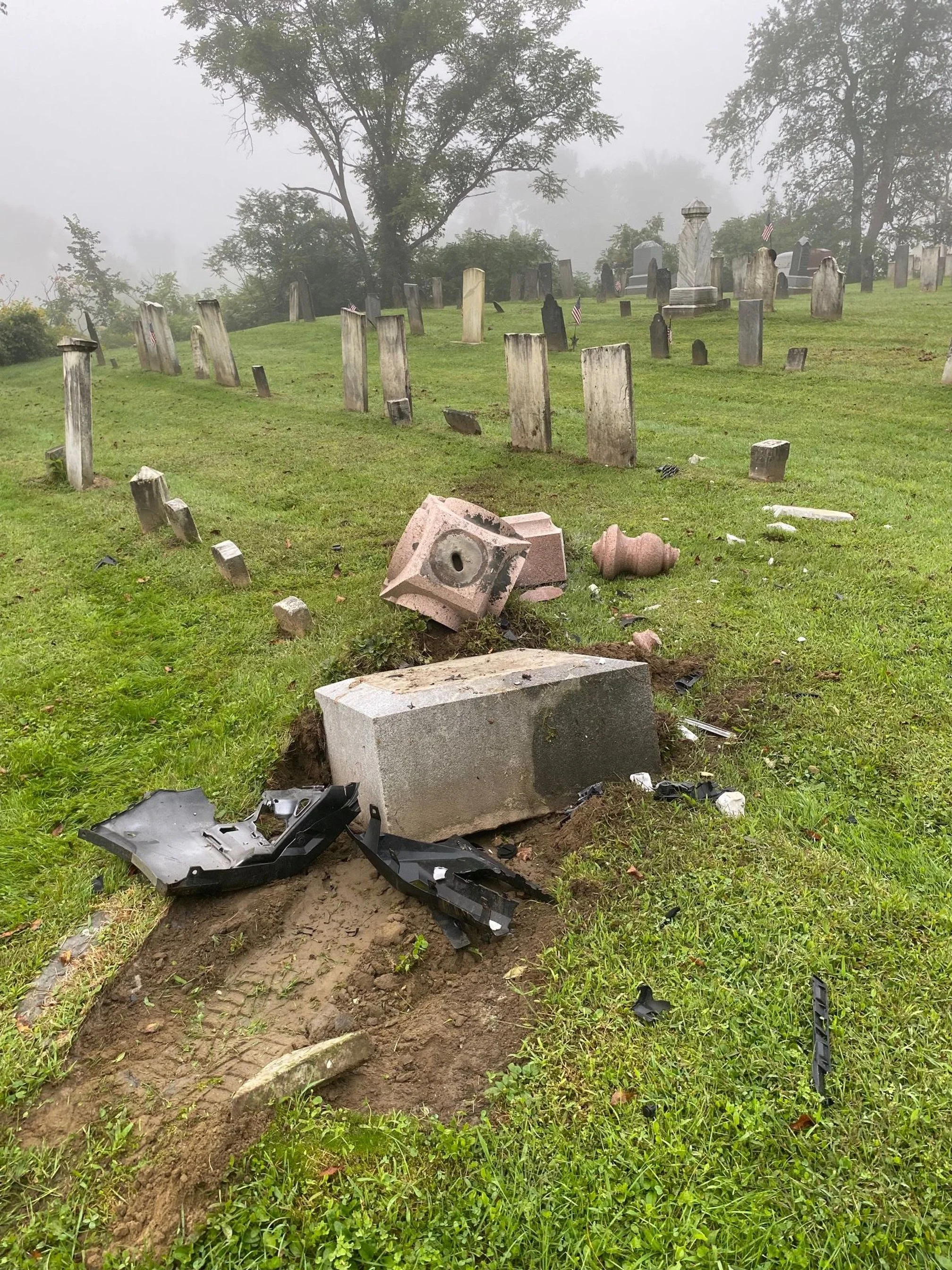DEC report highlights distrust, waste and water concerns in three communities
The Vermont Statehouse in Montpelier.
The Community News Service is a program in which University of Vermont students work with professional editors to provide content for local news outlets at no cost.
Lacking waste services, poor access to safe drinking water and frustration with the state’s composting requirement were highlighted as common concerns across the state in a report released late last month by state environmental officials.
The report — put together by the state Department of Environmental Conservation, Center for Whole Communities, Rights and Democracy Institute and the Vermont Law School Environmental Justice Clinic — also describes a sense of distrust with civil services and plans for a new app to make it easier to see alerts and records and file and follow complaints.
The partners conducted an 18-month effort to survey three groups of people across the state that, the report says, are the first to experience the effects of environmental problems and who experience those effects most severely: residents of the Willowbrook and Orchard Village Housing Association in Bennington, folks in the Newport area of the Northeast Kingdom and, in Burlington and Winooski, young people of color.
The Department of Environmental Conservation chose those communities because they’re particularly vulnerable to environmental problems, officials say. And the report comes out at a time when Vermonters are experiencing major environmental crises locally: Devastating floods this summer made clear the importance of government organizations having efficient ways of reaching and hearing from citizens.
When there's a sewage overflow or a boil-water notice or a chemical release, (this report) is helping us to have plans of how to get that information into the hands of people that might need it,” said Carey Hengstenberg, planner manager of the program.
The study effort came after the federal Environmental Protection Agency identified New England in 2018 as a priority region for improving compliance with civil rights laws around environmental justice. No laws or regulations relating to environmental justice existed in Vermont in 2020, and writing a policy on environmental justice in Vermont would be impossible without an understanding of the problems people were facing, said Carey, so the state launched the project.
The study, part of a pilot program to better engage communities, aimed to identify those problems, with the eventual intention of solving or at least mitigating them. Each of the three communities had a liaison who helped organize forums on the ground. Grace Gershuny, a Northeast Kingdom author who served as a community liaison for the region, said her role “was to listen to the community.”
People in each of the three communities identified a lack of proper waste management and access to safe drinking water as problems, notably, residents across the state expressed frustration with the composting rules adopted in 2020, which banned food scraps in trash and landfills. Residents explained that they either lacked the physical ability and space in their yard to compost, or they lacked the disposable income to pay for a pickup service. Littered green spaces and contaminated water sources were described as notable effects of poor waste management in all three communities.
“Participants in both Bennington and the Northeast Kingdom were keenly interested in, and concerned for, the safety and quality of the water supply in homes and schools,” says the report. Findings from the report echo, and are representative of, long lasting public concerns.
In the Northeast Kingdom long-standing discontent with the Casella Waste Systems dump has fostered distrust in civil processes. One particular complaint is that the region has become the rest of the state’s dumping ground as the Coventry facility is the state’s only landfill. Gershuny, a resident of the Kingdom for most of the last 50 or so years, described the landfill as a “failure to take responsibility for wastes that are generated locally throughout the state.”
Unaddressed public concerns are not singular to the Kingdom. In Bennington, even after tap water sources tested negative for contaminants, residents reported they still wouldn’t drink their tap water. Back in 2016 town residents learned their water sources had been contaminated by chemicals dumped by the ChemFab plant.
Distrusting civil services likely comes from a history of residents feeling unheard. The report states that “most community members we met with, even those who had participated actively in commenting on permits and rules, were completely unaware of the environmental or civil rights complaint process.” Residents seemed to have an overwhelming sense that their concerns and problems weren’t being considered by government agencies.
State officials view the pilot program as a step toward repairing years of distance and neglect.
One way of doing that, the report says, is creating an app that will make it easier for citizens to receive time-sensitive alerts, access important information and file complaints.
If there is an event like a sewage break, the app would send all users in the area a notification if they are under a boil-water notice, according to the report. Applications for state programs and permits are meant to be easy to access on the app, and so is information about local public meetings.
The report outlines plans for more cooperation between the Vermont Department of Health and the Department of Environmental Conservation to provide easier access to water-testing kits for private well owners and people in communities that consistently distrust the safety of their drinking water.
The report also describes plans to translate material across all of the department’s platforms into languages besides English, an initiative that if picked up by other agencies would vastly expand the public’s access to important information.






